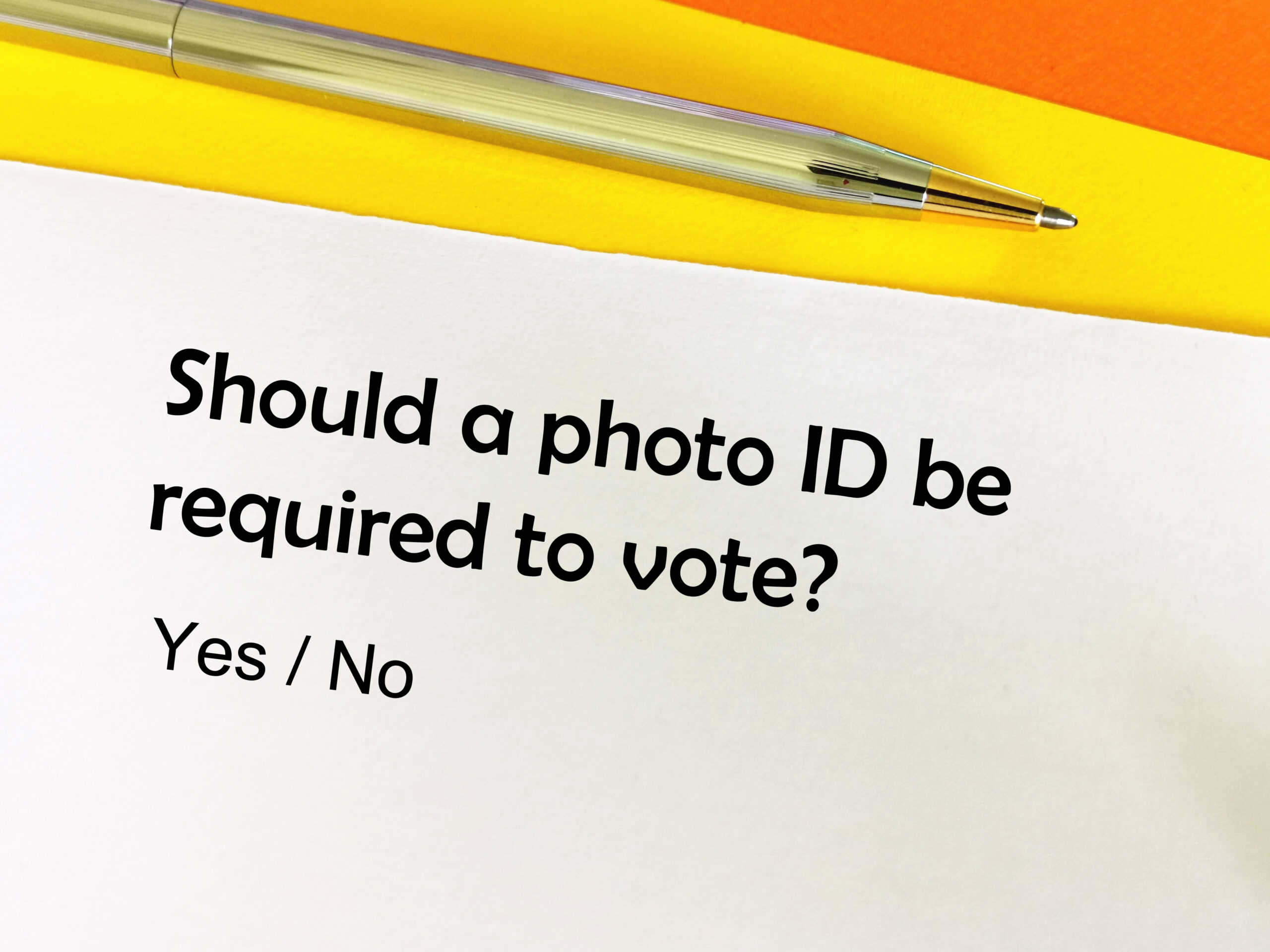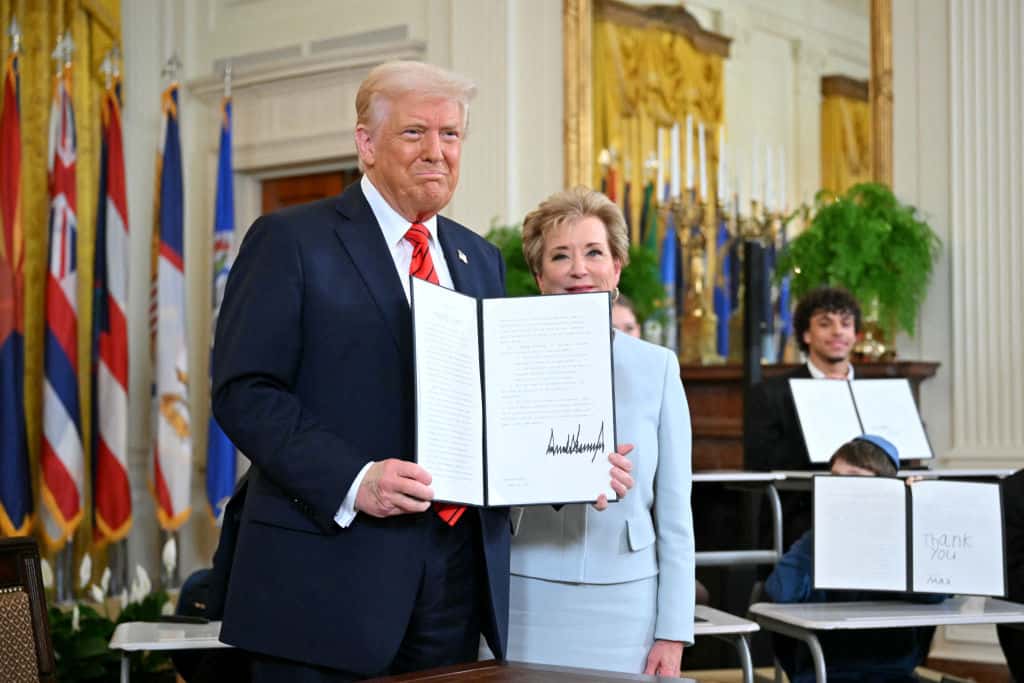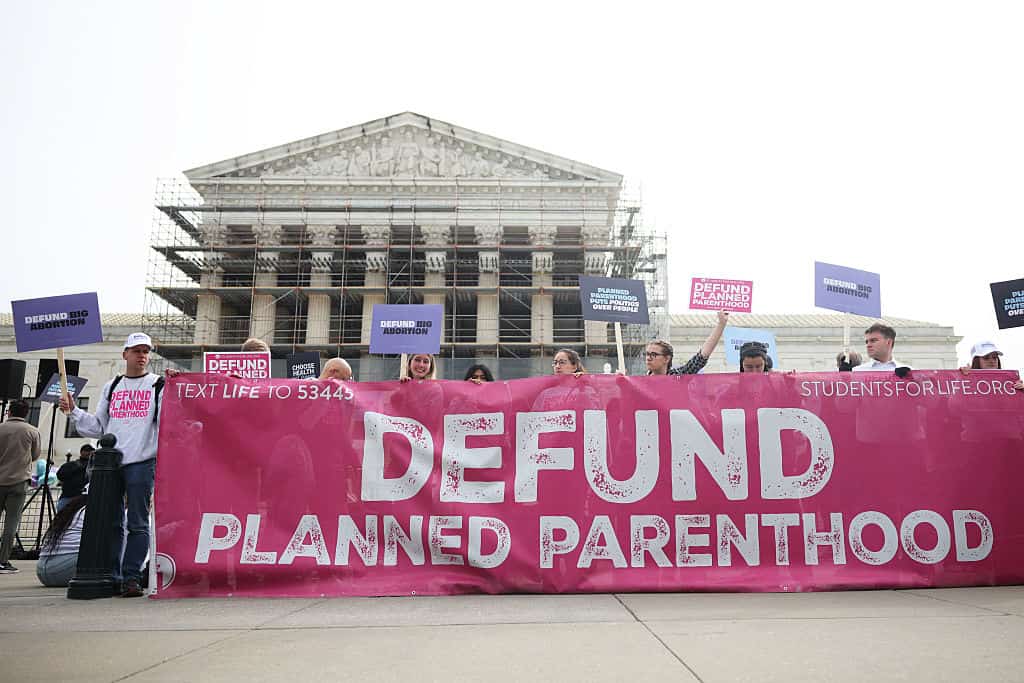Supreme Court Must Allow States to Protect Children From Transgender Medical Interventions

It’s nearing the end of June, which means the U.S. Supreme Court is busy issuing its final opinions before the month’s end. But our nation’s highest court is also teeing up cases it will hear in its next term, beginning in October.
On Monday, the Supreme Court announced it will take up an important case next term. The court will decide whether it is constitutional for states to protect children from harmful and damaging transgender medical interventions – like puberty blockers, opposite-sex hormones and surgeries.
The question before the court is this:
Whether Tennessee Senate Bill 1 (SB1), which prohibits all medical treatments intended to allow ‘a minor to identify with, or live as, a purported identity inconsistent with the minor’s sex’ or to treat ‘purported discomfort or distress from a discordance between the minor’s sex and asserted identity,’ … violates the Equal Protection Clause of the Fourteenth Amendment.
The case stems from Tennessee’s Help Not Harm law (SB 1) which restricts physicians from providing puberty blockers, opposite-sex hormones and surgeries to minors. The law is entitled the Prohibition on Medical Procedures Performed on Minors Related to Sexual Identity Act.
Tennessee’s governor signed the legislation on March 2, 2023; it took effect on July 1, 2023.
Shortly after the bill was enacted, multiple “transgender” minors sued the state, alleging the act violated their federal constitutional rights, and the U.S. Department of Justice (DOJ) intervened in the lawsuit, siding with the minors against the law. The lawsuit also challenged Kentucky’s Help Not Harm law (H.B. 470).
After a federal district judge issued a preliminary injunction preventing Tennessee’s SB 1 from taking effect, a three-judge panel on the U.S. Court of Appeals for the Sixth Circuit stayed (stopped) the lower court’s decision on July 8. The Sixth Circuit then ruled on the merits of the case in favor of Tennessee, deciding that SB 1 is constitutional on September 28, 2023.
Chief Judge Jeffrey Sutton, an appointee of former President George W. Bush, authored the Sixth Circuit’s opinion. He was joined by Judge Amul Thapar, an appointee of former President Donald J. Trump. Judge Helene White, also a Bush-appointee, dissented from the ruling.
Judge Sutton’s phenomenal opinion points out that neither the Supreme Court nor the Sixth Circuit has recognized “transgender status” as a class that gains protection under the Constitution’s Equal Protection Clause.
If the court were to do so, it would immediately place a host of important questions regarding treatments for gender dysphoria (i.e., Counseling versus drugs; Puberty blockers versus hormone treatments; Hormone treatments versus surgeries; and adults versus minors) into the realm of one federal court, rather than with the people and their elected representatives.
And that is to say nothing about questions regarding bathrooms and locker rooms, sports teams and sports competitions, and others that “are sure to follow.”
“The U.S. Constitution does not offer a principled way to judge these lines,” the court wrote.
Removing these trying policy choices from fifty state legislatures to one Supreme Court will not solve them and in truth runs the risk of making them harder to solve. …
That is not how a constitutional democracy is supposed to work – or at least works best – when confronting evolving social norms.
Judge Sutton also pointed out that transgender-identified individuals (i.e., “the plaintiffs”) are not a “protected class” because they are not a politically powerless group – as protected classes generally are. Judge Sutton wrote:
The President of the United States and the Department of Justice support the plaintiffs. A national anti-discrimination law, Title VII, protects transgender individuals in the employment setting. Fourteen States have passed laws specifically allowing some of the treatments sought here. Twenty States have joined an amicus brief in support of the plaintiffs.
The major medical organizations support the plaintiffs. And the only large law firms to make an appearance in the case all entered the controversy in support of the plaintiffs.
These are not the hallmarks of a skewed or unfair political process.
After the Sixth Circuit’s decision, the DOJ petitioned the Supreme Court to hear the case, which it has now agreed to do.
It’s likely that part of the reason the Supreme Court agreed to take up the case is because three federal courts have ruled in various ways on the Equal Protection question, thus creating a “circuit split” among the nation’s federal appellate courts.
While the Sixth and Eleventh Circuits have ruled that “transgender status” is not a protected classification under the U.S. Constitution, the Eighth Circuit held that it is.
As Dan McLaughlin writes at National Review, “There is a circuit split on whether ‘transgender status’ is a protected classification for constitutional purposes.”
The U.S. Supreme Court generally likes to resolve circuit splits to maintain a uniform rule of law nationwide.
After the U.S. Supreme Court announced it will hear the case, Tennessee Attorney General Jonathan Skrmetti issued a statement saying, “We fought hard to defend Tennessee’s law protecting kids from irreversible gender treatments and secured a thoughtful and well-reasoned opinion from the Sixth Circuit,” adding,
I look forward to finishing the fight in the United States Supreme Court. This case will bring much-needed clarity to whether the Constitution contains special protections for gender identity.
Currently, 23 states have passed laws protecting minors for transgender medical interventions; some of those laws are held up in court. If the Supreme Court upholds Tennessee and Kentucky’s Help Not Harm laws, it would mean the other 21 Help Not Harm laws around the country are also constitutional.

Photo Credit: Family Policy Alliance.
Family Policy Alliance, which has led the way by drafting the very first piece of Help Not Harm legislation, issued a statement saying that United States v. Skrmetti is “one of the most important cases for protecting vulnerable children since the Dobbs decision overturning Roe v. Wade.”
Every child deserves protection from experimental transgender medical interventions. Each child deserves the opportunity to experience a full human life, get married and have children – something puberty blockers, opposite-sex hormones and surgeries deprive them of.
Please pray for the Supreme Court justices as they consider this case; pray they might uphold these critical Help Not Harm laws.
The Daily Citizen will keep you updated with important developments in this case.
The case is United States v. Skrmetti.
If you or someone you know need help dealing with the transgender issue, check out Focus on the Family’s Transgender Resources page.
Focus on the Family exists to help families, and that includes help navigating the issues of homosexuality and transgenderism. Focus offers a free, one-time counseling consultation with a licensed or pastoral counselor. To request a counseling consultation, call 1-855-771-HELP (4357) or fill out our Counseling Consultation Request Form.
Related articles and resources:
Counseling Consultation & Referrals
Addressing Gender Identity with Honesty and Compassion
The Journey Back to My True Identity
Appeals Court Upholds Law Protecting Children from Transgender Medical Interventions
Tennessee and Mississippi Pass Bills to Protect Children from Harmful ‘Sex Change’ Procedures
Photo from Shutterstock.
ABOUT THE AUTHOR
Zachary Mettler is a writer/analyst for the Daily Citizen at Focus on the Family. In his role, he writes about current political issues, U.S. history, political philosophy, and culture. Mettler earned his Bachelor’s degree from William Jessup University and is an alumnus of the Young Leaders Program at The Heritage Foundation. In addition to the Daily Citizen, his written pieces have appeared in the Daily Wire, the Washington Times, the Washington Examiner, Newsweek, Townhall, the Daily Signal, the Christian Post, Charisma News and other outlets.
Related Posts

Is it ‘Voter Suppression’ to Require Proof of Citizenship to Vote?
February 10, 2026

Education Department Celebrates National School Choice Week
January 30, 2026

New York Ends Fight to Force Nuns to Pay for Abortions
January 27, 2026

